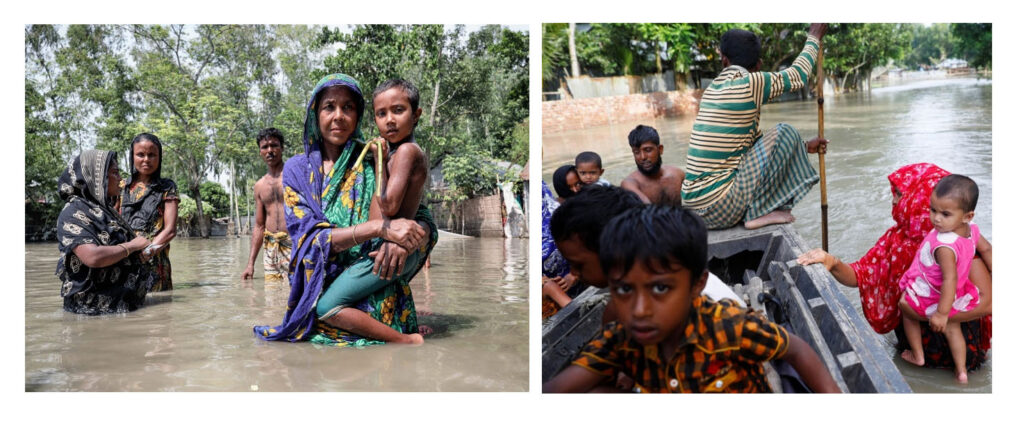Dhaka, Bangladesh, October 15, 2020
Aim Texas Trading, LLC Overseas Management Group has attended a tender in providing consulting services in Joint Venture with Koltek Consulting Inc. (Turkey) and Javed International Consultants (JIC – Bangladesh, Sub-consultant) for Preparation of Feasibility Study of Resilient Infrastructure Building Project (RIBP) People’s Republic of Bangladesh (Reference No. EMCRP/AF/FS/S7, Grant No. IDA-D4190) under Emergency Multi-Sector Rohinya Crisis Response Project (EMCRP).
The Government of Bangladesh (GOB) has applied for a Loan/Credit to World Bank for the proproned Resilient Infrastructure Building Project (RIBP). The project would be implemented by the Local Government Engineering Department (LGED), with the objective to enhance the resilience of target vulnerable villages to floods and improve disaster preparedness and response capacity of government agencies.
More specifically, the project aims to:
- Increase the number of people with reduced flood vulnerability due to resilient protective infrastructure; and
- Improve disaster preparedness capacity of the GOB and communities.
The project will finance infrastructure and systems to increase the food resilience of vunerable rural population in selected areas through:
- Raising of community land, construction of shelters and community facilities, connecting roads, and food resilient infrastructure in flood-prone villages; and
- Increasing community disaster preparedness, including early warning system, evacuation, awareness, response capacity, sheltering and recovery.
The main objective of this consultancy is to:
- Update the database for Disaster Shelters System (DSS),
- Preparation Feasibility Study of the project in compliance with internationally funded project appraisal requirements, including:
- Detailed design,
- Preparation bidding documents,
- Construction supervision and project implementation support.
The consultant would also be responsible for assessment of environmental and social risks of the project activities, preparation of Environmental and Social Management Framework (ESMF), Resettlement Policy Framework (RPF), Resettlement Plan (RP), Stakeholder Engagement Plan (SEP), Labour Management Procedure (LMP) and other necessary environmental and social documents following the new Environmental and Social Framework (ESF) of the World Bank.
Bangladesh is mainly comprised of fertile alluvial floodplains of three large rivers (Ganges, Jamuna and Meghna) with over 90% of their catchment situated outside the Country. These three rivers, when combined within the country form the world’s largest river, the Lower Meghna, which drains into the Bay of Bengal via a constantly changing network of estuaries, tidal creeks and active deltaic coastline of the Bay. Another river Teesta originating from Himalayas join the Jamuna at Fulchuri of Gaibanda district in northern part of Bangladesh.
Bangladesh is one of the most vulnerable countries to natural disasters where almost every year, mainly during monsoon season, either by upstream river floods and or by coastal cyclones from the Bay of Bengal disaster happened to varied extent. There are 57 trans boundary rivers passing through Bangladesh to the sea. Typically, high rainfalls during monsoon season, full-flowing floods of upstream rivers (which the country has no control to regulate beyond its boundary) results in extensive inundation on the floodplains mainly alongside the rivers and their tributaries. Flooding a recurrent phenomenon in Bangladesh, and each year on average about 22 percent of the country inundated. Increased sedimentation in the rivers and sea level rise also makes the flood worse in the country.

